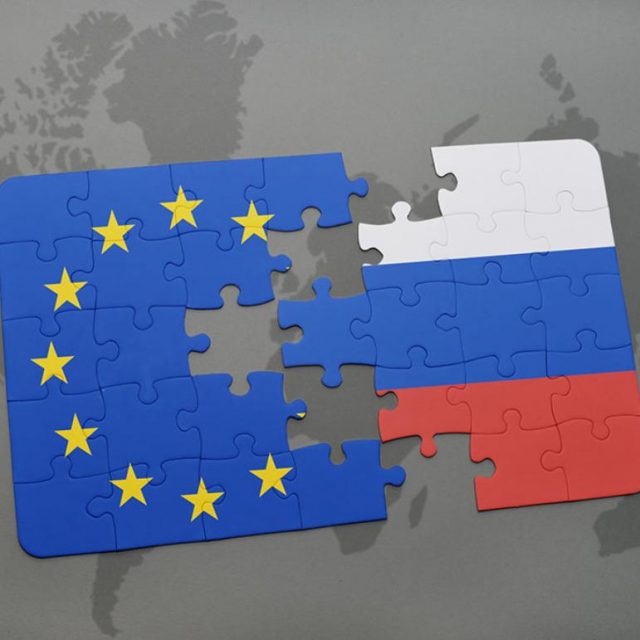Photo by Olga Prudnikova on Unsplash
The European Commission says it welcomes the signing of the Memorandum of Understanding between the Government of Romania and the Government of Ukraine.
The executive said on Wednesday this will further contribute to increasing the capacity of “Solidarity Lanes”, especially considering the damage caused to the transport infrastructure of Ukraine due to the conflict in Ukraine.
An EC spokesman said, “Romania has a pivotal role in the functioning of the Solidarity Lanes and is engaging constructively with all the parties concerned, including through the EU-Ukraine Solidarity Lanes Joint Coordination Platform.
“The Commission encourages such close cooperation between the EU Member States and Ukraine.”
“The Commission continues to support the implementation of EU-Ukraine Solidarity Lanes and the Ukrainian Action Plan in the export of Ukrainian cereals notably by facilitating cross-border links and transport operations.”
“Improved border crossing between Ukraine and Romania as covered by this Memorandum will serve not only the immediate import and export needs of Ukraine but will also firmly anchor it into the EU transport area,” he said.
Financing, he added, is already available from the EU budget, the European Investment Bank (EIB) and the European Bank for Reconstruction and Development (EBRD).
The future Ukraine Facility will further contribute to the reconstruction and development of Ukraine’s transport infrastructure and its connections.
Meanwhile, in a vote on Tuesday, MEPs improved and endorsed a proposal for a €50 billion facility to support Ukraine’s recovery, reconstruction and modernisation from 2024.
Parliament’s stance was adopted with 512 votes in favour, 45 against and 63 abstentions, with MEPs making the Facility more democratically accountable, encouraging multiparty democracy and Ukraine’s alignment with the requirements for EU accession.
The EU budget has been severely depleted following the multiple crises that have occurred since 2021.
MEPs insist that the Facility, along with the entire budgetary revision, should be agreed as soon as possible, as there will be no provisions for assistance to Ukraine from 2024.
The package should be integrated also into next year’s annual budget, to be negotiated in November.




